In a move that surprised nobody, Mr Blinglish announced his resignation yesterday, potenshully removing the millstone that currently hangs around National’s neck. Clearly the Nats won’t win with the current team of Blinglish, Gerry Brownlee and Stephen Joyce as front runners, so an entirely new lineup needs to be put in place. Curiously, Nick Smith hasn’t put his hand up yet, as he is clearly the most charismatic and photogenic of the current Nats, and as a reportedly good friend of Blinglish, could do well to be the stand-in fall guy for the team.

I say that as because, despite what the media think, the next person elected as possible leader is almost certainly bound not to be the next winning PM. It has always been thus. There always has to be an interim no-hoper in play, between one successful leader and another. The star never goes from one high-flier to another. Instead, it always seems to float amongst a couple of losers for a year or two, before the real next ascendant person is picked.

Hence, the brief leadership of Don Brash.
Hence, the brief leadership of Phil Goff. And also David Shearer. Umm, and David Cunliffe. Oh gosh, and Andrew Little.
Hence, the brief leadership of William Hague, and Ian Duncan Smith, etc. And the current sacrificial lamb of Theresa May.
Arguably, also, the brief leadership of Blinglish himself, destined always to seem like a sad sack of potatoes next to the language-mauling effervescence of Johnkey himself.
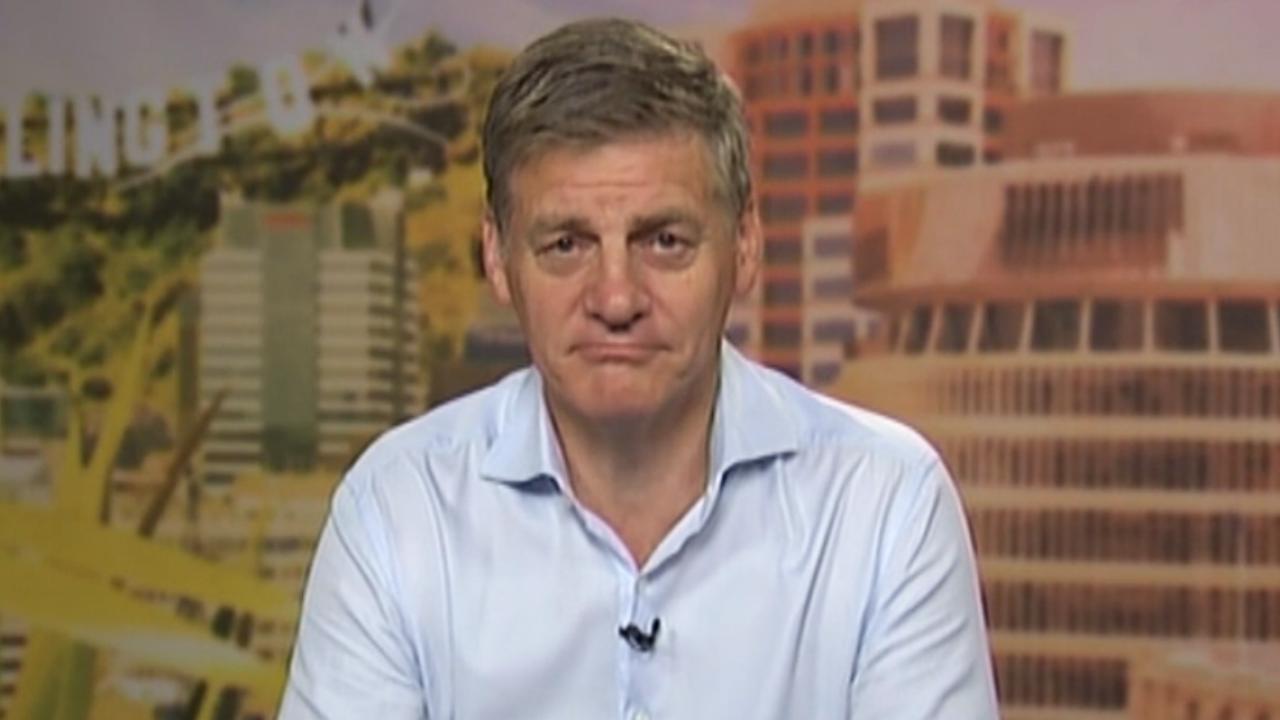
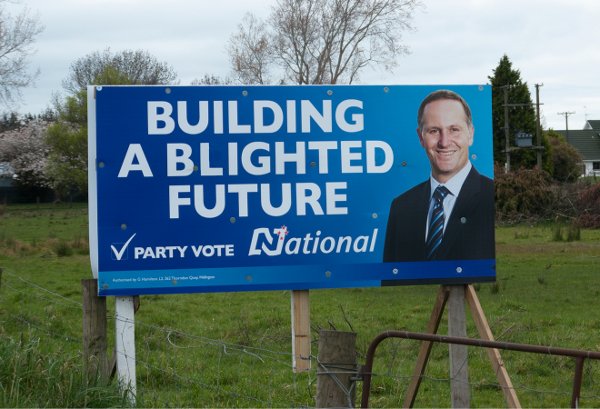
So, those putting themselves forward now, do so with the almost certain knowledge that they need to be sacrificial lambs to the slaughter, to propose themselves as leader just so that they can be removed within a year, and a new consensus formed around a newly found leader. They purposefully need to look bad, so that the next person can actually look good. Hence, again, the election to the leadership position of Don Brash before they elected Johnkey. And Goff, Cough, and Hammer before they elected Adern.
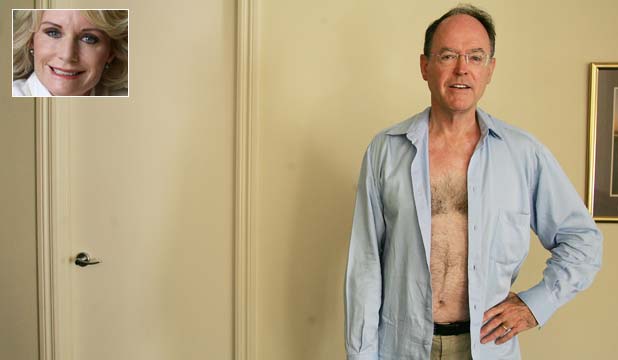
That can only be the reason behind the spiteful little troll of Judith Collins putting her hand up this morning – no one in their right mind would want her as leader of the country would they? No, she is surely standing as the fall guy, as someone so disliked and hated that the next leader will seem loved by comparison. Mr Bridges can’t stand now, as that would show him up as someone almost as stupid as Mr Blinglish, but if he came along after a stint with an evil troll in charge, he would seem positively angelic by comparison.
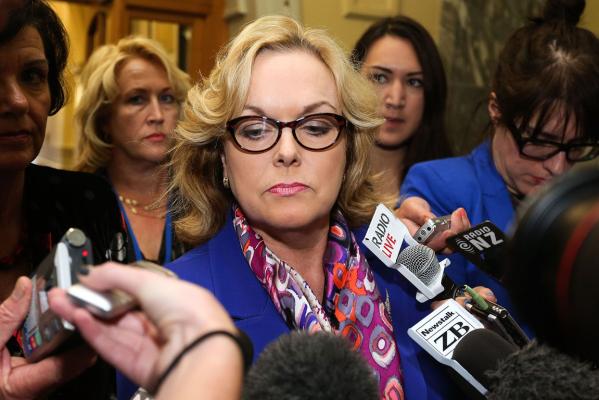
Am I right? Anyone want to take up the bet, right here, that the next leader of National, elected in two weeks, won’t be the person leading the Nats at the next election?
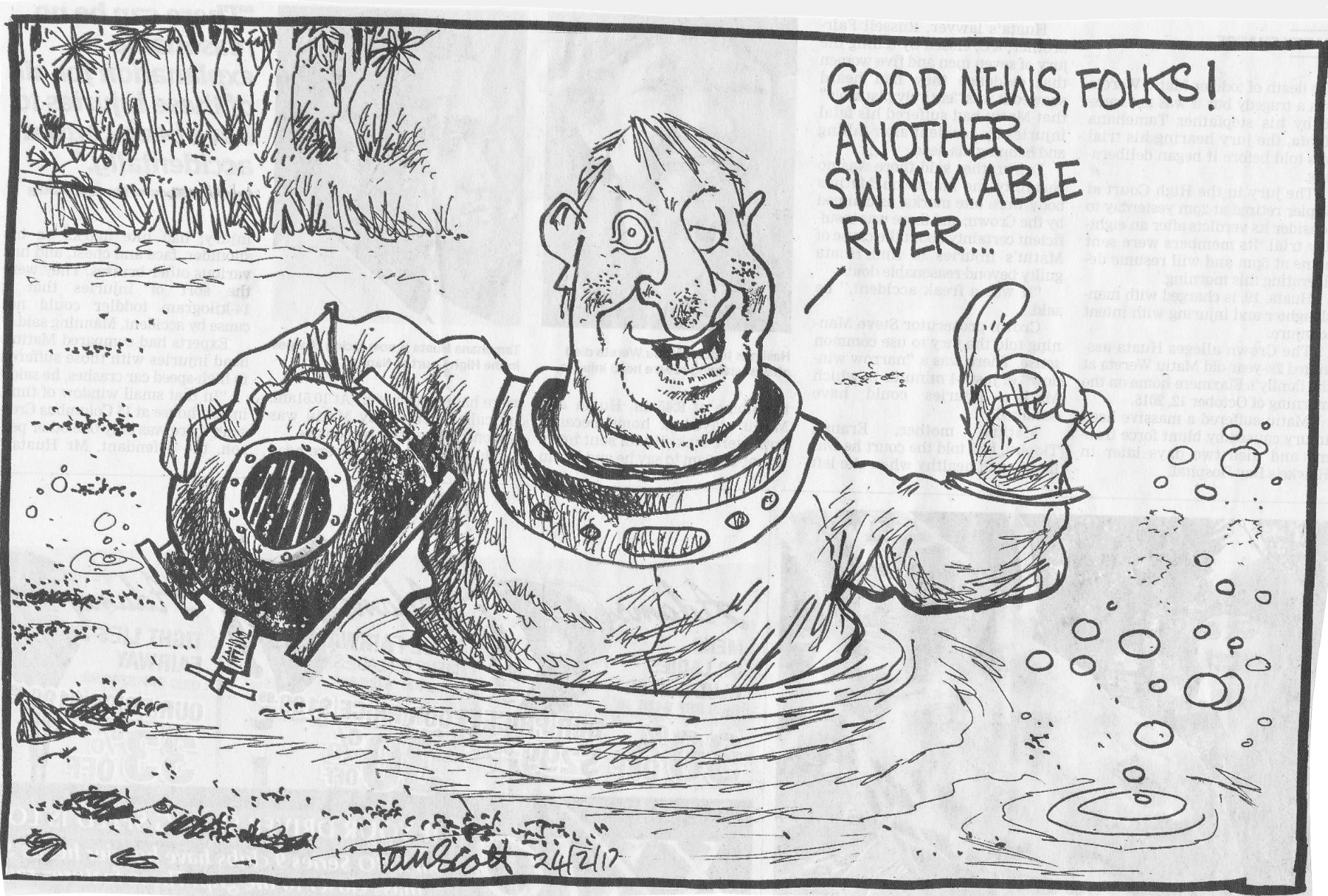


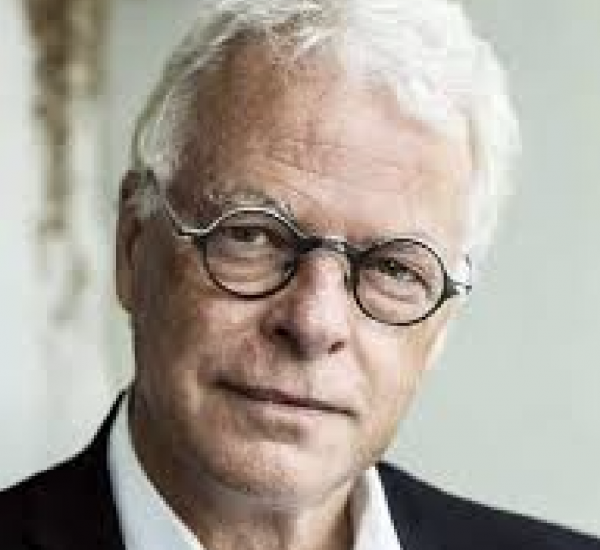


…and what has this got to do with Wellington architecture and urban design, I hear someone ask?
In my mind – everything. Under National (both Johnkey and Blinglish) emphasis was on wealth creation for the rich, business before environment, immigration of Indian and Chinese communities before appropriate consideration of our own, existing communities, and the wholesale sell-off of NZ land, trees, businesses, and political interests. All of which have a vast effect on our built environment, including our suburbs and our cities, especially Auckland – but also Wellington.
Too early to tell yet, but this may – or may not – change under Labour.
Comment from David Slack on RNZ. The last sentence is a ripper. My sentiments entirely.
“Politics, eh. Do you build enduring legacies, or just sandcastles?
How will we remember Bill? He’s proud of how he carried New Zealand through the GFC, and that seems a fair enough proposition if you stand us alongside say the UK and the awful austerity agonies it went through.
It’s just a pity he didn’t seem to notice or worry enough about the snowballing housing crisis. It had its beginnings in the previous administration, but a little like the genius of compound interest, the longer you do nothing, the bigger it gets.
We have an enormous problem to unwind caused by ordinary houses costing ten and twelve and fifteen times the value of a year’s pay in an ordinary job, and so much harm flows from that, it’s hard to feel he deserves more than polite country rugby club applause.
A decent chunk of the voting public, will tell you that he, and the National party – the two tend to be used interchangeably – was a highly capable manager and the only ones capable of doing it right, which is quite generous praise for a strategy that rested largely on enjoying immigration gains without paying for them.
Meanwhile, the mistakes made in the earthquake rebuild, the cash-starved hospitals, and the unwavering faith in the private sector to do a better job than the idiot public sector, leave you wondering if we’d had just about as much astute financial management as we could take.
But 27 years he’s been there! 27 years. Like parenthood, it both seems to go so slowly you might as well be tunneling to Australia with a teaspoon, and at the same time it feels like only yesterday he was lining up alongside Ruth Richardson’s shoulder pads, lining up to take a pummeling in the boxing ring, lining up to take a pummeling in an election shielded against the prospect of ignominious defeat by nothing more than Michelle Boag.
He was never a mother-of-all-budgets kind of guy, more stolid, more careful, more measured, not so wildly adventurous.
“He’s likeable, Bill”, people would say. Most everyone would say it: likeable. I said it. I met him a couple of times, and I liked him. I liked the amused look in his expression. It was only in hindsight that I recalled where else I had seen that expression. If you grow up around farming folk, you see it often. They’re courteous, open, warm. They have an amused grin, and they let you do most of the talking. If you don’t ever hear them talking amongst like-minded friends, you’ll have no idea that they think you’re a complete drongo.”
http://www.radionz.co.nz/news/on-the-inside/350331/farewell-then-bill-english
And a valedictory goodbye column from Stacey Kirk at the Dom today:
https://www.stuff.co.nz/national/politics/101874864/goodbye-bill-parliaments-southern-gentleman-bill-english-bows-out-of-politics
TRIBUTES FROM ACROSS THE HOUSE
Ahead of his speech, politicians from across the House paid their respects.
His replacement, National Party leader Simon Bridges said English was a “great New Zealander” and he wished him all the best.
“He’s a guy who was a top finance minister, not just in New Zealand but around the world, he got us back into the good books. But more than that, he’s someone cared very deeply about the most vulnerable.
“We saw that in what many call social investment, but it’s more than that. Ultimately it’s about trying to do things to get people out of poverty, get people out of a lack of education and good outcomes in their lives.”
Prime Minister Jacinda Ardern said English had had an “extraordinary career” and made a “huge contribution”.
“I genuinely wish him and his family the very best for whatever the future holds for them,” she said.
“There’s no doubt that presiding over the books through such significant economic events and also natural disasters in New Zealand would have been a huge challenge.
“I think that a wide range of people would acknowledge him for that.”
One of English’s close friends Nick Smith, entered Parliament at the same time as English. He said he had a number of “fond memories” of his time with English.
“Reflecting back on 1990 and the drama of the time with the ‘mother of all budgets’, which was over superannuitants, There’s fond memories of doing the Coast to Coast and kayaking the Cook Strait with Bill, then obviously his time as Prime Minister was particularly special and the pinnacle of his career.”
It felt “strange” to be bidding farewell to English in Parliament.
“There were 13 new members of Parliament elected with myself and Bill back in 1990. To be the last one sort of feels like the passage of history, but also there’s an air of excitement in the National Party with the generational change that’s occurring with Simon Bridges taking over.”
ENGLISH MOMENTS IN HISTORY
* Boxing shadows: He was Raging Bill in gloves, the Dipton Dukester in the ring. But he suffered a marginal defeat handed down by the gloved hands of his former university buddy “Psyclone” Ted Clarke in an Auckland area one night in June 2002.
* Crushing defeat: In October 2001, English replaced Jenny Shipley as the leader of the National Party. He led the party to its worst ever defeat in the 2002 general election.
* Losing to Don: The blow of the 2002 election led to English’s replacement by Don Brash. It was a dramatic vote at the time, with English believing he had the numbers but a last minute deal saw him ousted.
* Becoming the numbers man: If New Zealand had a “rockstar economy”, then Bill English was the big-time producer that pulled all the right strings. Steering New Zealand so successfully through the Global Financial Crisis is an achievement that could not be underestimated for the positive affect it had on New Zealanders’ lives.
* Back in the black: English steered New Zealand from heavy deficit back into surplus, over his eight years as Finance Minister under John Key. He contended with the Global Financial Crisis and the Christchurch Earthquakes to do so.
* Investing in NZ: He says it himself, one of his proudest achievements was the establishment of his Social Investment brainchild. It involved the use of “big data” at an individualised level to pinpoint areas needing early intervention and sometimes big spends, to improve lives and save the taxpayer money in the long-term.